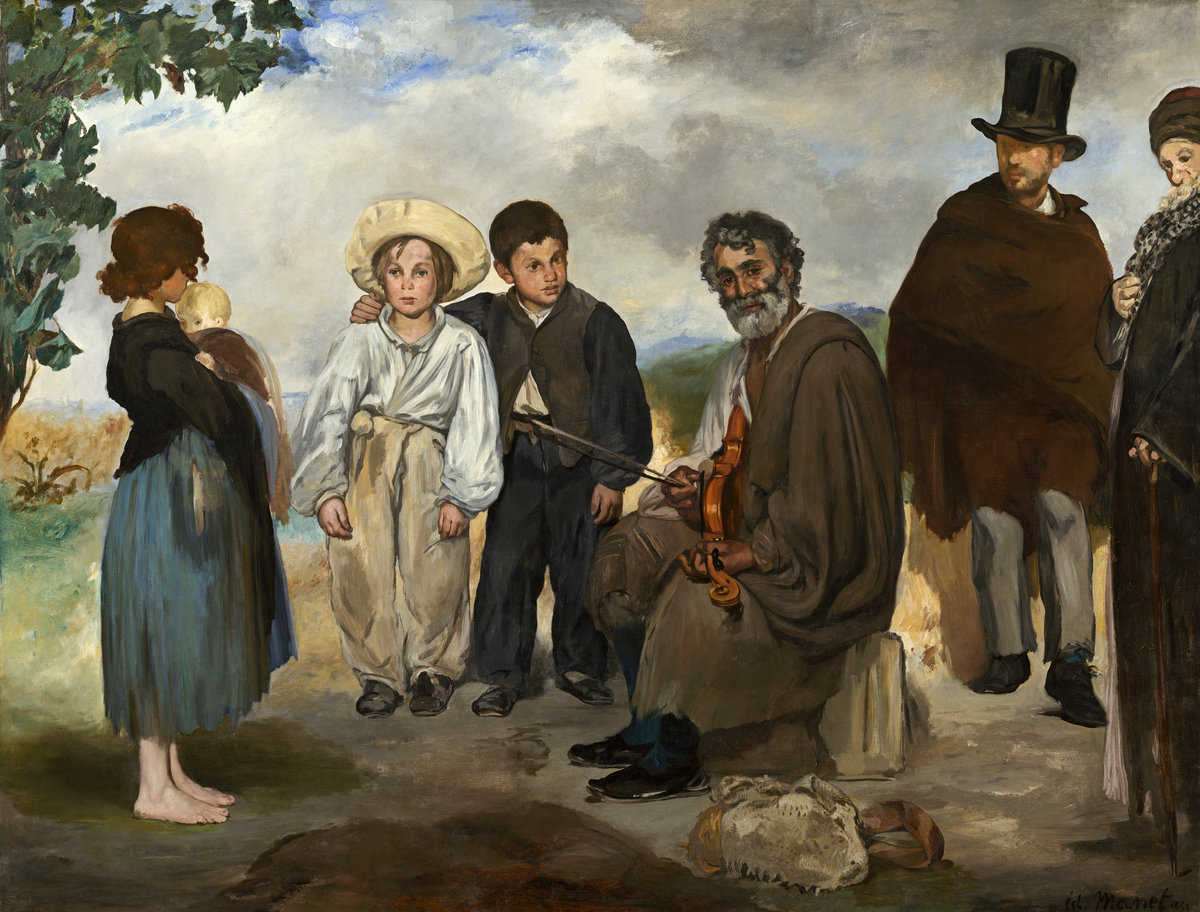
Burma’s Muslim Rohingya minority and a “countryside of concentration camps.”
After the fall of the autocratic regimes that protected religious minorities, Christian communities in the Middle East — the world’s oldest — have been devastated by mob violence and official indifference and hostility. Why doesn’t anyone seem to care?
Echoing prior reporting, Jonathan Landay profiles the deep — or “fanatical” — support for the Assad regime among the Alawite populations of Syria’s western coastal strip. In addition to Alawites, many other religious minorities and even some Sunnis support the regime, which they see as the only thing between them and a harsh Islamist government or bloody reprisals by hardline rebels. In particular, Landay quotes locals who identify last summer’s controversial video of symbolic cannibalism by a rebel fighter as mobilizing support for Assad.
For his part Assad vowed this week that he will not relinquish power, contributing to the continuation of a war whose deaths the UN says it can no longer tally.
Paul R. Pillar examines the role of civil-military relations in the contrasting post-revolution politics of Egypt and Tunisia.
Emad Shahin, a political scientist at the American University in Cairo, was charged with espionage along with Muslim Brotherhood leaders but managed to fleet the country before being detained. “I would sooner believe that Vice President Biden is a member of the Symbionese Liberation Army than I would give credence to the charges against Emad,” comments GWU professor Nathan J. Brown.
This week saw unprecedented violence in Ukraine’s ongoing mass protests, with multiple demonstrators dying of gunshot wounds. Supporters of President Yanukovych’s government accuse the demonstrators of attempting to carry out a coup, the Atlantic collects photos of the nightmarish street battles in Kiev, and Samantha Power commented on Twitter that Yanukovych must “actually address the protestors legitimate concerns. Compromise is the only solution.”
Late Thursday news broke of a ceasefire agreement signed in Addis Ababa by the South Sudanese government and rebels.
Is the United Nations any better at preventing mass atrocities today than during the genocide in Rwanda, and has it managed to apply these lessons to the current crisis in South Sudan? Via Daniel Solomon, who notes that “comparative examples say the UN’s peacebuilding works best where its footprint is heaviest, contra South Sudan.”
e-International Relations has an interesting collection of short essays on Syria, R2P, and global humanitarianism.
Human Rights Watch’s World Report 2014 has been released.
From October 2013, 10 books on sexualized violence in war (via Jasmine M. Heiss and Will H. Moore).








0 comments
To me the Christians being persecuted in the Middle East are just another group being persecuted.
And I have no idea how Yanukovych is supposed to follow Powers’ suggestion.
I included the Power quote because I found it fairly boilerplate — advocating for both US/EU interests at the expense of Russia’s (the association agreement Yanukovych declined to sign; compromise with the opposition would presumably weaken Yanukovych’s position) and her well-documented concern for human rights.
(And “Powers” is a typo I am oddly prone to, despite being familiar with her writing.)
You mean her name is Samantha Power (no additional ‘s’)? Thanks for the clarification.
And it looks like Yanukovych actually has offered some concessions to the opposition (which is not entirely the same thing as the protesters) and it looks like the protesters are being firm with demands that Yanukovych step down. Looks like the past few days continued a trend of blunders, first the government tries to crack down and intimidate, then it realizes it failed, then it tries to negotiate with people who can’t stand it.
It appears as if the demand for new elections before 2015 is a sticking point, though of course that could change: http://www.bbc.co.uk/news/world-europe-25900267